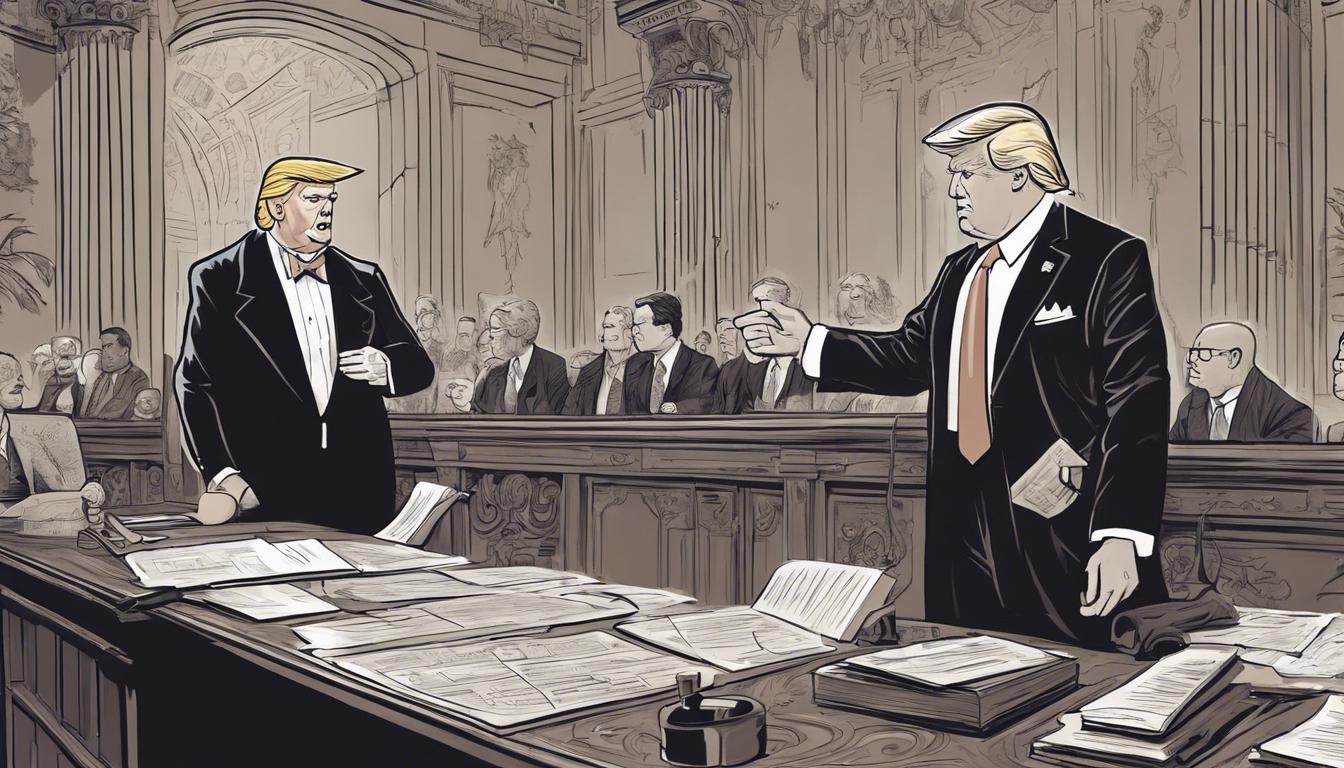Judge Aileen Cannon has dismissed Donald Trump’s argument that the Presidential Records Act allowed him to retain classified documents, marking a significant setback in the former president’s legal defense.
In a recent ruling, Judge Aileen Cannon has dismissed former President Donald Trump’s defense that the Presidential Records Act permitted him to take and retain classified documents containing national security information after leaving office. This decision rejects Trump’s motion to dismiss charges based on his interpretation of the Act, under which he argued that documents moved to his Mar-a-Lago residence in Florida in 2021 were made “personal.” Federal prosecutors have contested this reading of the law, emphasizing the criminal nature of Trump’s actions.
This case is part of a broader legal battle facing Trump, who is charged with 40 counts related to the unauthorized retention of classified information and allegations of obstruction. Trump and two co-defendants are accused of willfully concealing these documents from the government. Although the trial was set for May, it has been postponed with a new date yet to be announced. Judge Cannon, who was appointed by Trump in 2020, is presiding over the proceedings. Despite the decision against Trump’s motion, there is still the possibility of an appeal by Trump’s legal team.
Special Counsel Jack Smith has been vocal against the use of the Presidential Records Act as a defense, threatening to appeal to a higher court should the decision have sided with Trump. This indicates potential further delays in the trial, particularly as the defense argues for Trump’s authorized possession of the documents under the Act. Smith’s stance reflects concerns over the legal arguments employed and suggests that an appeal to a higher court might be pursued if necessary.
Aside from this trial, Trump faces other legal challenges, including civil tax fraud and defamation cases. His legal team has been known to use delaying tactics in these matters. If re-elected, Trump could potentially dismiss federal charges, though state charges would persist.
The situation underscores the complexity of legal arguments surrounding former presidents’ rights and the handling of classified information post-office. With the possibility of higher court appeals and the potential for further delays, the legal process in this case continues to evolve.













